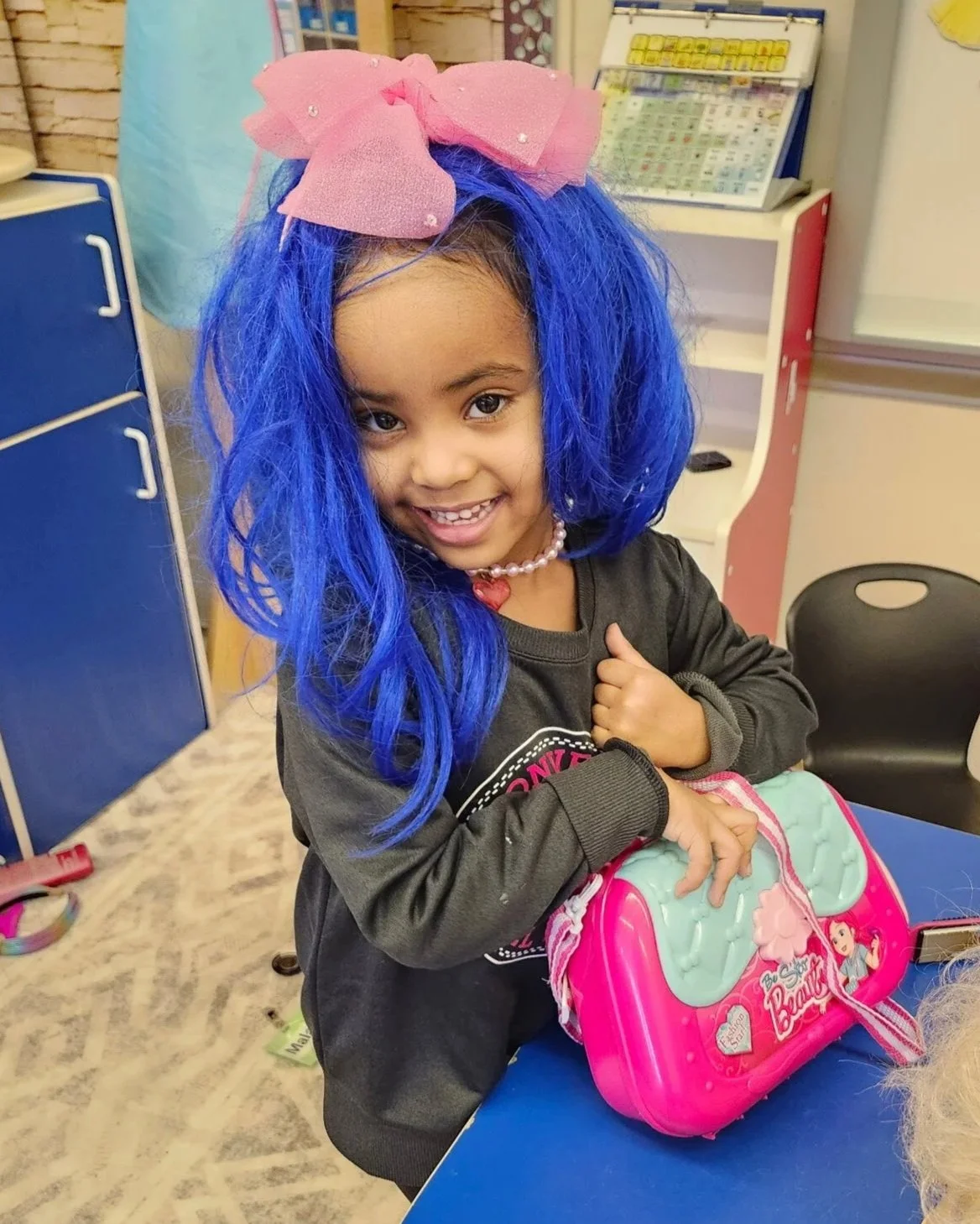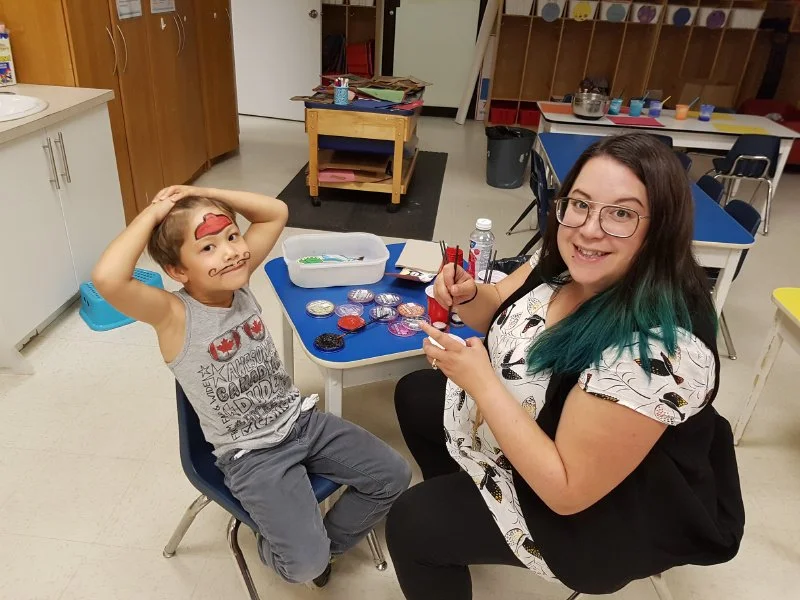Celebrating What Connects Us: How We Explore Traditions with Care
In the early years, children learn about the world not just through play and routines, but also through the moments that bring communities together. Whether it is a birthday, a seasonal change, or a cultural tradition, these shared experiences help children build a sense of joy, belonging, and identity.
But for many families — especially those from diverse cultural or faith backgrounds — it can be unclear what kinds of holidays or traditions are being acknowledged in the classroom. It is common to wonder whether those moments align with your family’s values and beliefs.
At ABC Head Start Society, we want families to feel confident and comfortable. That is why we are intentional in how we approach cultural celebrations. We do not teach or observe holidays in a religious way. Instead, we focus on what connects us: the play, the joy, and the togetherness, all in a way that is inclusive and age-appropriate for every child.
Why We Acknowledge Traditions
Young children are naturally curious. They notice costumes in October, decorations in December, and heart-shaped crafts in February. These cultural cues are all around them: in stores, on TV, and in their neighborhoods. Rather than ignore these seasonal moments, we use them as opportunities to support learning and connection in ways that are playful and developmentally appropriate.
Traditions can be a powerful way for children to explore identity, storytelling, and social interaction. Whether it is dressing up, sharing a favorite food, or learning a new song, these experiences help children feel included and valued.
According to the National Association for the Education of Young Children (NAEYC), children bring culturally based expectations, values, and abilities into the classroom — and when those are honored and respected, children develop stronger self-concepts and feel more visible and valued.
Not About Religion, but About Connection
While many holidays have religious roots, the way they are experienced by most families today is often more cultural than spiritual. Halloween is a great example. For many, it is not about ghosts or fear, it is about costumes, candy, and fun with friends.
The same is true for other familiar traditions. December often brings lights, cozy treats, and gingerbread houses. Valentine’s Day focuses on friendship and kindness. Spring holidays may be marked by baby animals, flowers, and chocolate eggs. These playful and seasonal traditions are centered around connection, imagination, and joy rather than religion.
These are the moments we lean into in our classrooms: the cultural ways that traditions have evolved. Our goal is to invite joy and community, not to exclude or promote any one belief system.
Respecting All Families
Every family is unique. Some observe these moments fully, some in part, and others not at all. What matters most to us is that all families feel seen and respected.
When we introduce classroom traditions, we:
Focus on optional participation
Communicate with families in advance
Stay clear of religious content
Make space for children to share their own experiences
Message for our ABC Families: If there is ever a moment your family prefers that your child not participate in a classroom activity or celebration, please let your teaching team know. We are always happy to collaborate and adjust so that your child feels safe, supported, and respected.
We also know how meaningful it can be when families take part in these classroom experiences. In the past, we’ve welcomed parents and caregivers into the classroom to read cultural stories, teach dances, share music, or talk about traditions that are special to their family. We would love to see this kind of participation return — in whatever way feels right for you. Whether it is sending in a link to a song in your home language, sharing a favorite food, or visiting the classroom to show children a cultural object or celebration, your contribution is welcome and valued. Each family’s level of comfort and capacity is different, and we’re happy to work with you to find an approach that works best for your household.
If you are interested in sharing something with your child’s class, please reach out to your child’s teaching team. We would be honored to learn from you.
Honoring Differences
Our classrooms are home to many different cultural backgrounds, languages, and ways of celebrating. Throughout the year, we make space to learn about traditions from around the world, from Diwali and Lunar New Year to Eid, Nowruz, and beyond.
We focus on storytelling, music, food, and family traditions in a way that is inclusive and responsive to the children in our programs.
Research suggests that when children are exposed to diverse cultures and learn about difference and belonging, their social skills improve. They gain empathy, recognition of others’ perspectives, and stronger social understanding
Finding Joy in What We Share
When we celebrate with care, we build more than fun memories, we build understanding, inclusion, and a sense of belonging for every child. These simple traditions, shared with kindness, can help children feel safe, seen, and connected to the world around them.
We’re so glad to share these moments with your family and thank you for being part of our ABC community.


